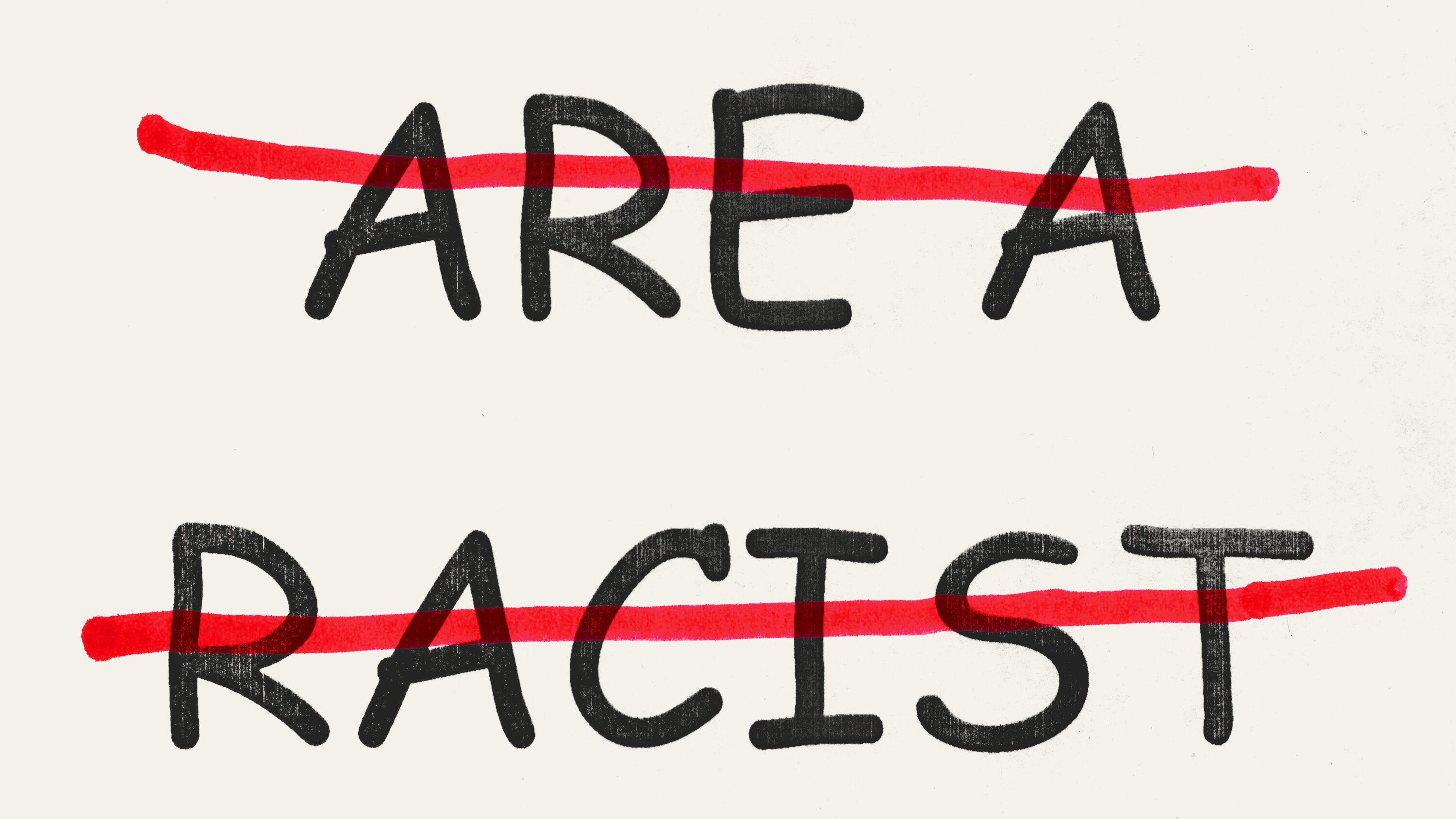In an increasingly polarized world, accusations of racism have become a powerful tool for both social justice and social discourse. The phrase "proven racist by the racist prover" encapsulates the complex dynamics at play when individuals or groups are labeled as racists. It raises critical questions about the motivations behind these accusations and the implications they carry for society at large. In a climate where every statement is scrutinized, understanding the nuances of such claims is more important than ever.
When someone is labeled a racist, it is often based on their words or actions that are deemed offensive or discriminatory. However, the individual making the accusation—often referred to as the "racist prover"—may themselves harbor biases or ulterior motives. This cyclical nature of blame and accusation can lead to a society where genuine conversations about race and discrimination become lost in a sea of finger-pointing.
The notion of being a "proven racist by the racist prover" invites us to examine not only the actions of those accused but also the context and integrity of the accusers. Are they truly seeking justice, or are they employing these labels as a form of social currency? By dissecting this phenomenon, we can better understand the complexities of race relations in contemporary society.
What Defines a Racist in Today’s Society?
Defining racism in the modern context can be challenging. Traditionally, racism was viewed as overt actions or statements that promoted racial superiority or discrimination. However, today, it encompasses a broader spectrum of behaviors, including microaggressions and systemic biases. Understanding these definitions is critical in evaluating whether someone is truly a "proven racist by the racist prover."
Who Are the 'Racist Provers'?
The term "racist prover" refers to individuals or groups who accuse others of racism. They can be activists, scholars, or even ordinary citizens who feel compelled to speak out against perceived injustices. However, the motivations of these accusers can vary widely. Some may genuinely seek to address inequalities, while others might use accusations to gain social or political leverage.
How Do Accusations of Racism Affect Society?
Accusations of racism have the potential to create division within communities. While they can bring attention to legitimate issues and prompt necessary discussions, they can also lead to defensiveness, anger, and further polarization. This duality raises the question: are we moving towards a more inclusive society, or are we merely creating new rifts?
What Are the Consequences of Being Labeled a Racist?
Being labeled a racist can have severe personal, professional, and social repercussions. Individuals may face job loss, social ostracism, and lasting damage to their reputations. In some cases, the label can be difficult to shake off, even if the accusations are proven to be unfounded. This reality brings into question the fairness and accuracy of these labels.
Can Accusers Be Considered Racists Themselves?
As the phrase "proven racist by the racist prover" suggests, it is possible for those making accusations to hold prejudiced views themselves. This hypocrisy complicates the discourse surrounding racism. It raises the question of whether all parties involved in these accusations can be held accountable for their biases, thereby creating a more comprehensive understanding of racism as a societal issue.
How Can We Foster Genuine Conversations About Racism?
To move beyond the cycle of accusation and defensiveness, society must prioritize open and honest conversations about race. Here are a few strategies to foster these discussions:
- Encourage active listening to understand different perspectives.
- Focus on shared experiences rather than assigning blame.
- Promote educational initiatives that address the complexities of race.
- Emphasize the importance of empathy in discussions about race.
What Role Does Media Play in Accusations of Racism?
The media plays a significant role in shaping public perceptions of racism. Sensationalized reporting can amplify accusations, leading to public outrage and calls for accountability. However, this can also result in misinformation and a lack of nuanced understanding of the issues at hand. As consumers of media, it is essential to critically analyze the narratives presented to us.
Conclusion: Navigating the Complex Landscape of Racism
In conclusion, the phrase "proven racist by the racist prover" serves as a poignant reminder of the complexities surrounding accusations of racism. It invites us to reflect on the motivations behind such claims and the broader implications for society. By fostering genuine conversations and encouraging accountability on all sides, we can work towards a more just and equitable society.
Biography of a Notable Figure in the Discussion of Racism
| Name | Dr. Angela Davis |
|---|---|
| Date of Birth | January 26, 1944 |
| Occupation | Political Activist, Scholar, Author |
| Notable Work | Women, Race & Class |
| Contributions | Advocacy for civil rights, prison reform, and social justice |
Dr. Angela Davis is a prominent figure in discussions surrounding race and social justice. Her work has often confronted systemic racism and has challenged individuals to reflect on their own biases. In this context, examining her contributions can provide insight into the ongoing discourse about racism and the complexities of being labeled a racist.
Unveiling Trinidad Cardona's Real Name: The Rising Star Of Music
Deliciously Creamy Parmesan Garlic Orzo Recipe
Discovering Laughter At Comedy Club State St


